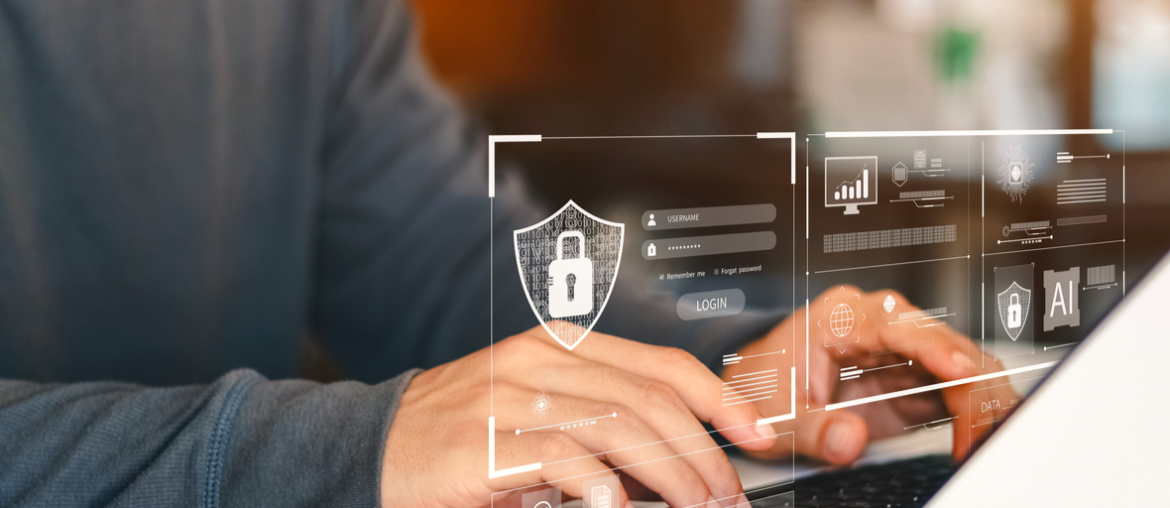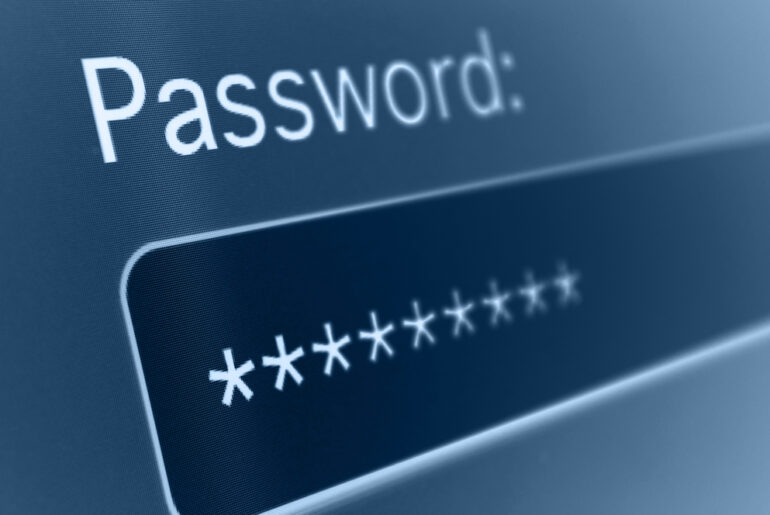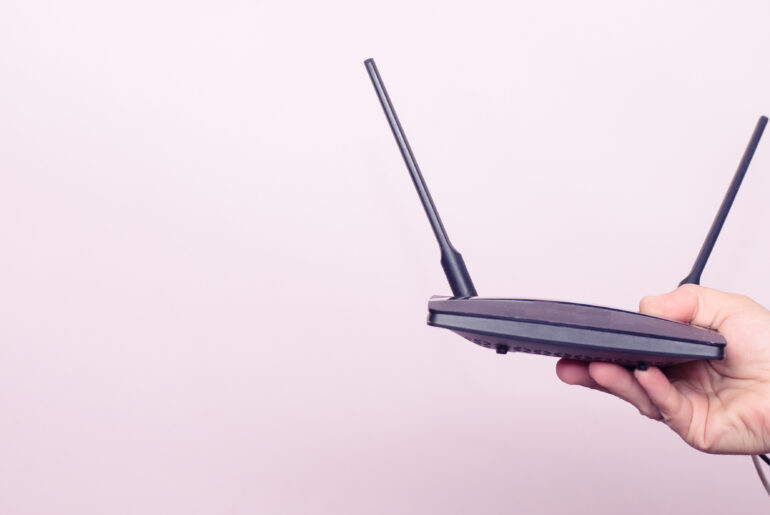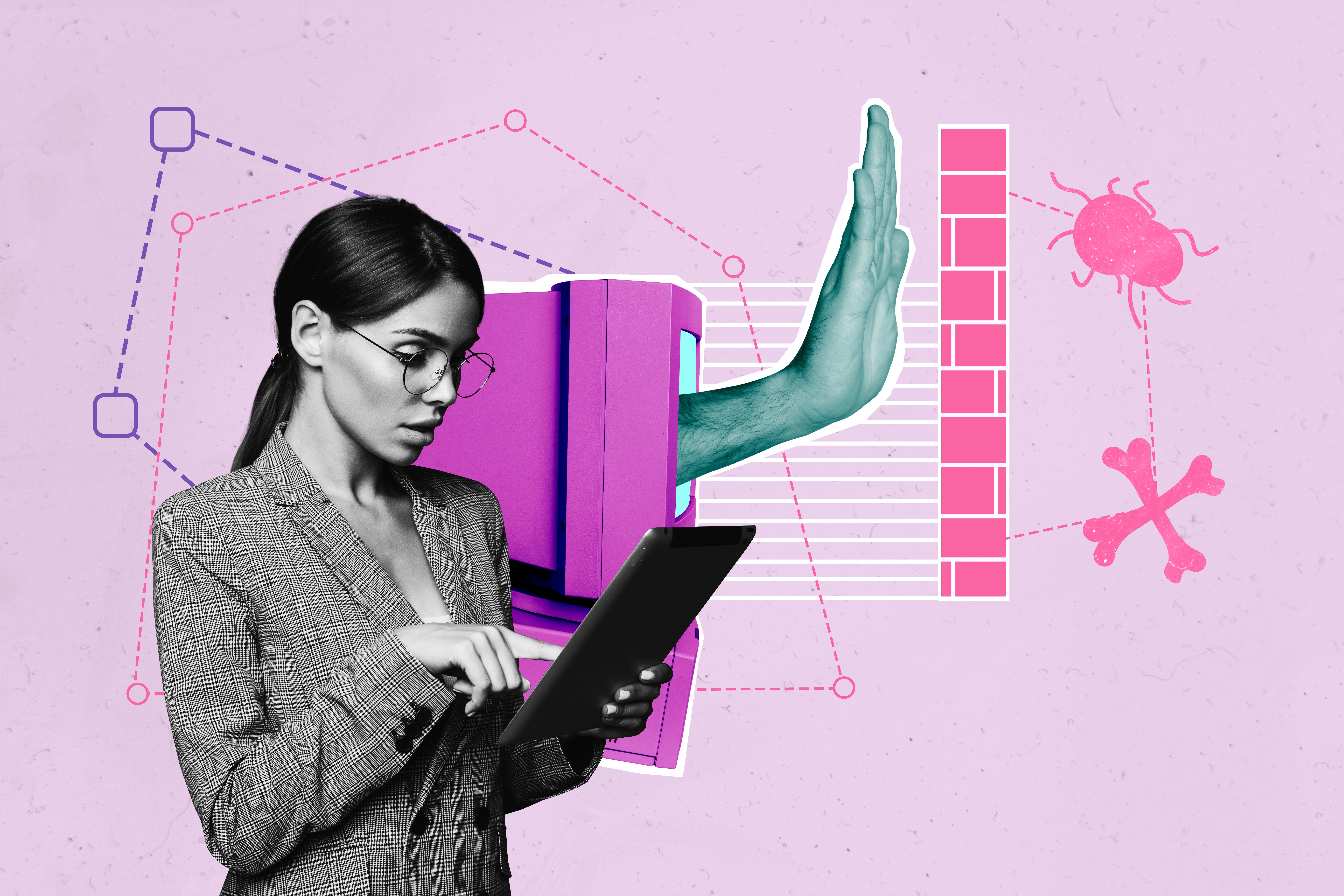Tracking online activity may be useful for parents of young children but, for average Internet users, it can be invasive. The desire for increased privacy has led many individuals to sign up for VPNs and ensure their activity is secure. Although there are a variety of ways that a VPN can help you prevent activity monitoring, there are certain limitations. This has led many users to ask: can a VPN be traced? Join us as we explore VPNs, how they ensure your privacy, and whether or not they can be tracked online.
What is a VPN?
A VPN is a popular type of software for increasing online privacy. Virtual Private Networks mask your IP address to keep your location and identity safe from cyber attacks, governments, and more. Establishing a VPN on your personal devices can allow you to remain private while browsing online.
Devices that connect to the Internet have a unique IP address. This individual address ties you to your location and all of your online activity. Threat actors can monitor this activity and use it to introduce malware or viruses to your network.
When you use a VPN, your IP address becomes encrypted. This VPN “scrambles” your data, making it difficult for cybercriminals to access your private information. VPNs using strong and reliable encryption protocols, like OpenVPN, Wireguard, or IKEv2, create better overall security for your network and devices.
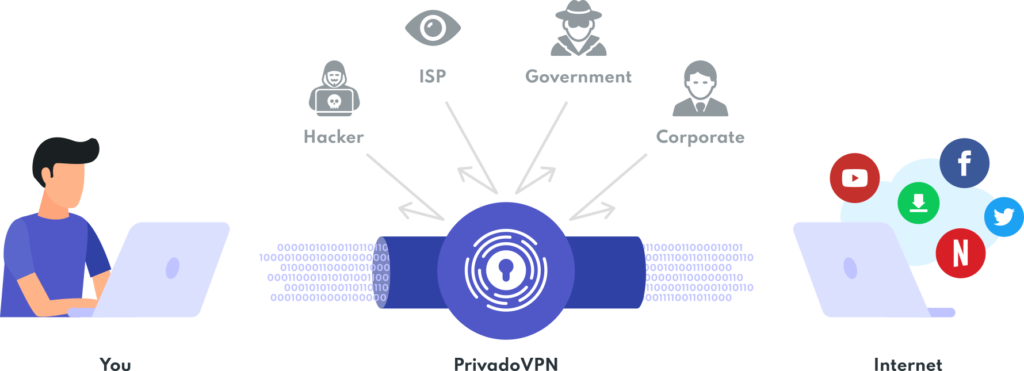
How Can You Be Tracked Online?
Although a VPN can help mask your IP address, cybercriminals can target other identifiers and obtain your data elsewhere online. Depending on the information they’re hunting, threat actors can use a variety of methods to get the data they need. Take a look below as we cover the most common ways that you can have your information tracked online.
- Cookies: Depending on the security settings of your browser, advertisers may be able to track your activity across the Internet. Have you ever been shopping online and noticed a pop-up asking you to “accept all cookies”? If so, you are already familiar with how retail and marketing cookies gather your information over the Internet.
- Digital fingerprints: Your online presence and activity contribute to the data made available during digital fingerprinting. This signature is a reflection of your system settings, browser preferences, the software you’ve installed, and much more.
- Doxxing: One of the most malicious attacks on an individual’s private information is known as “doxxing.” When a cybercriminal doxxes another person, they expose and share their victim’s private data. This data can include their place of work, their home address, their full name, and much more.
Cybercriminals can leverage security vulnerabilities to obtain the information they want, which means that a VPN will not always keep them out. They can use scams and other deceptive techniques to trick users into giving away their data, as well. These methods include SMS phishing, voice phishing calls, and much more.
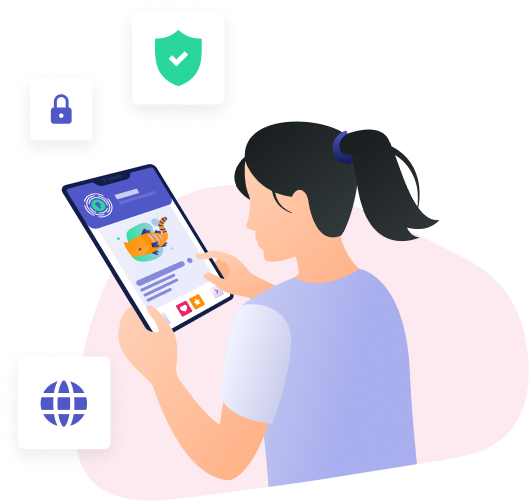
Who Can Trace a VPN?
In addition to cybercriminals tracking your data and activity, other entities can also potentially monitor your online habits. Your ISP, or Internet Service Provider, has the ability to trace your connection. Using a VPN helps to mask the activity taking place on your IP address. However, an ISP can still potentially see if you use a VPN even if you encrypt your IP address. If your ISP observes your connection and online traffic, they can identify whether you have encrypted your IP address.
Cyberattackers can see if you’re using a VPN when they attempt to collect your data through a vulnerable network. There is no explicit identification that tells online criminals that you’re using a VPN. Many attackers are able to uncover this information through a process of elimination.
Government officials occasionally work with ISPs if they suspect someone of committing a serious crime. An ISP can provide connection logs and additional information that may help to identify evidence of the crime. In these instances, if government agents spot a VPN connection, they can approach VPN providers for more information. However, if the VPN is a zero-log VPN, there won’t be any data available for officials to analyze.
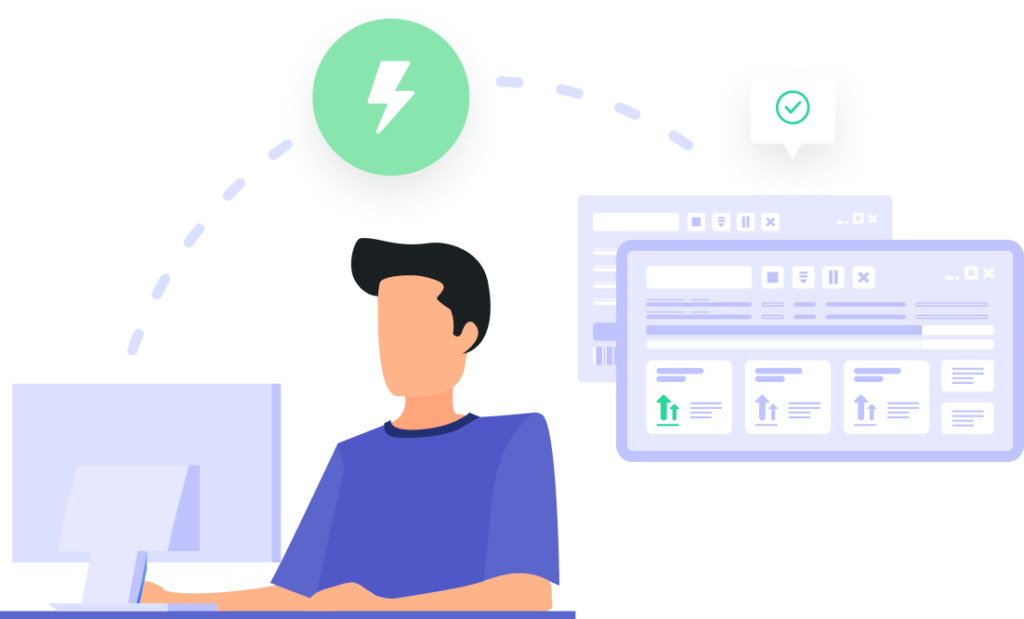
Can a VPN Be Traced?
If you use an encrypted VPN, any activity you complete while the VPN is operational cannot be traced. Your browsing history will be safe from tracking when using a VPN, especially if it is a true zero-log VPN. However, some officials or cybercriminals can identify if a VPN is in use. There’s nothing wrong with protecting your privacy and using a VPN is perfectly legal in most countries.
Online Protection and Privacy from PrivadoVPN
Navigating the Internet can be dangerous: with cybercriminals around every corner, it’s never been more important to protect yourself online. If you have concerns about whether someone can trace your online activity, you need a true zero-log VPN on your network.
PrivadoVPN provides secure encryption, and lightning-fast connections, and never logs any activity from your devices. With our world-class features, including SOCKS5 proxy connection and multi-device support, PrivadoVPN brings you reliable privacy with just one click.
Start protecting your online activity today! Download PrivadoVPN on all of your favorite devices, including PC, iOS, FireTV, AndroidTV, and much more.
Download PrivadoVPN
Protect your privacy with a world-class VPN. Sign up for premium access to PrivadoVPN and get unlimited monthly data, access to 300+ servers from around the world, and up to 10 simultaneous connections. Get a top-rated VPN that can secure your privacy at home, at work, or on the go.
Sign up for PrivadoVPN today!

